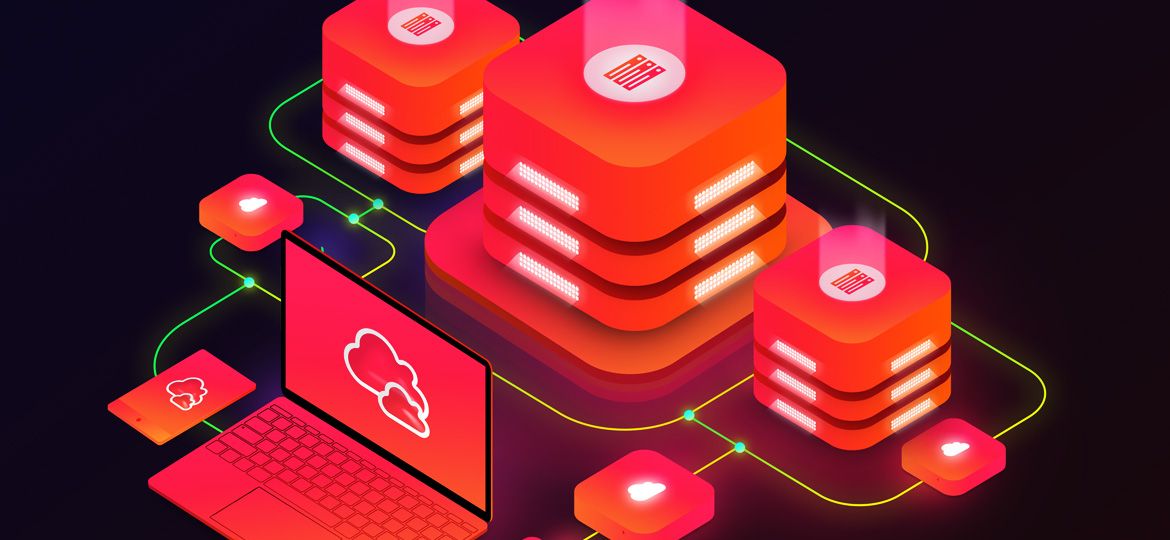
AWS Certification essentials
In our last blog we discussed the AWS (Amazon Web Services) phenomenon and the increasing demand for cloud computing. In this installment we’ll take a look at what AWS certification entails, why becoming AWS certified is essential, what is necessary to become AWS certified and how to go about the certification process.
What is AWS Certification and Why Get it?
Cloud computing has become an integral part of many companies and given the dominance of AWS in the cloud computing space, competency in AWS has become a marker in cloud computing expertise. AWS currently offers 11 different certifications, but we’ll get to that. First let’s review what AWS certification is and why you should consider AWS certification.
AWS certification gives validity to your skills, shows that you are proficient in the cloud computing platform and its terminology, and that you have a particular skill set that can expedite a company’s cloud projects. Despite other cloud computing competitors and companies acquiring multiple cloud options, AWS remains a top provider for public cloud services. Therefore having AWS certification is advantageous as a cloud computing talent.
Types and Areas of AWS Certification:
AWS offers two main types of certifications:
- Candidate Certification
- Employee Certification
Candidate certification evaluates the applicant’s skills and best-practices knowledge. This certification process focuses on hands-on experience and can introduce the candidate to or build their basic knowledge and understanding of important AWS concepts. It also verifies the candidate’s expertise for company’s looking to hire cloud computing talent.
More and more employers are creating their own customized employee certification programs as part of their IT internal training. These certifications are tailored to the company’s needs and are usually provided by the cloud computing service vendor. Many of these employers use the AWS training materials as their standard training template.
The areas of AWS certification are Cloud Practitioner, Developer, SysOps Administrator, Solutions Architect (associate and professional), DevOps Engineer, Advanced Networking, Data Analytics, Security, Database and Machine Learning.
AWS certification is based on 4 different levels:
- The Practitioner: This is the basic level of AWS certification and the recommended starting point for all other certifications.
- The Associate: This level requires you to have a certain amount of AWS hands-on experience and problem-solving skills.
- The Professional: In order to take this level of certification you will need extensive knowledge of the features involved in AWS running, optimizing and trouble-shooting solutions. You can take this certification without having done prior levels of certification but to ensure that you have the basic AWS required knowledge and skills, it’s best to take at least the associate level certification before taking the professional exam.
- The Specialist: Specialty level certifications focus on a particular field of AWS such as Machine Learning or Data Analytics and cover more in depth technical knowledge and experience on that subject.
How to Become Certified
Studying for AWS certification takes an estimated 80 to 120 hours, roughly about 2 or 3 months to prepare. The recommended certification route includes:
- Signing up for an AWS training course in the area of your interest or in a basic AWS cloud computing course if you’re just starting out.
- Once the training is complete, review available study and exam manuals.
- Sign up for any available practice exams and practice sessions.
- Schedule an exam.
The cost breakdown of AWS certification is:
- Practitioner = $100
- Associate = $150
- Professional = $300
- Specialty = $300
Recertification and Upskilling
AWS features and services are updated annually, however recertification is only required every three years. If you acquire a higher level of certification after having a practitioner or associate level certificate, your lower level of certification will automatically be renewed. So passing the Professional Solutions Architect exam for example, means that your Associate Solutions Architect certification will be renewed if it is currently valid.
It’s always a good idea to stay current on your knowledge and expertise in AWS and not wait for recertification to get up to date.
There are many ways to upskill in AWS. You can:
- Keep track of and read AWS Release Notes.
- Test your skills with practice exams and get hands-on practice by signing up for AWS online labs.
- Attend AWS re:Invent conference either online or in-person.
- Take advantage of any employer-sponsored continuing education opportunities.
Get Started Now
Whether you’re interested in starting out in cloud computing or you’re looking to learn new AWS skills, we have resources for you. Take a look at our website to figure out the right course for you and get started now.
For more information, contact:
YouAccel Public Relations
media@youaccel.com
Image credit: freepik

